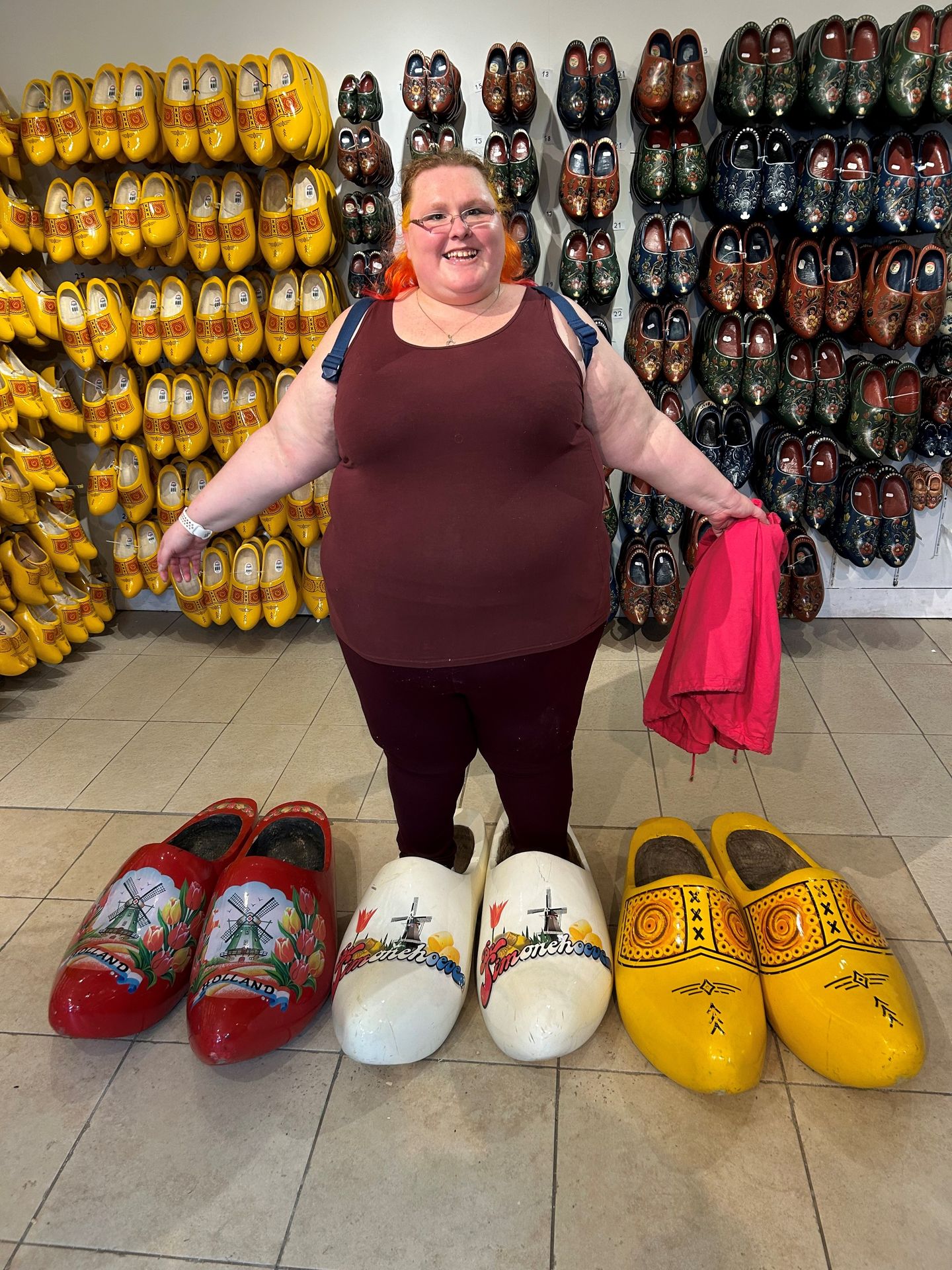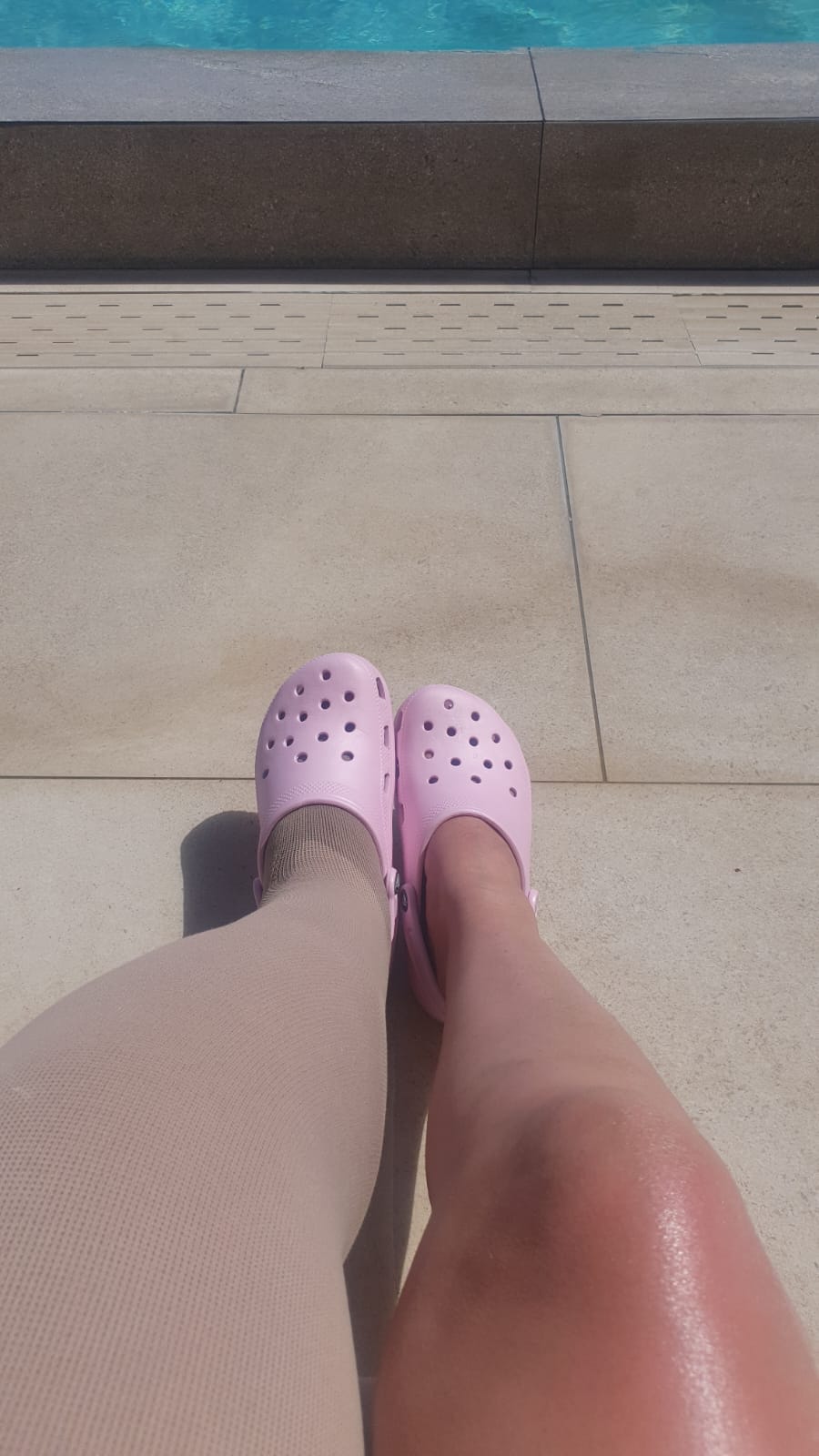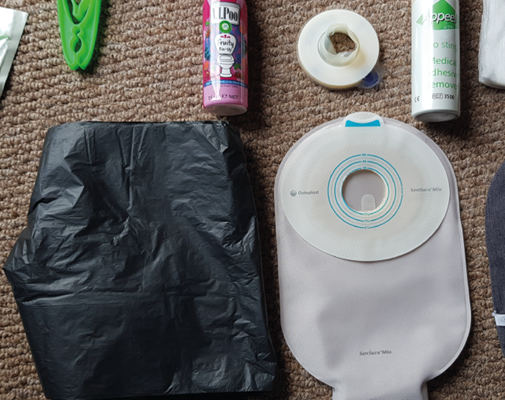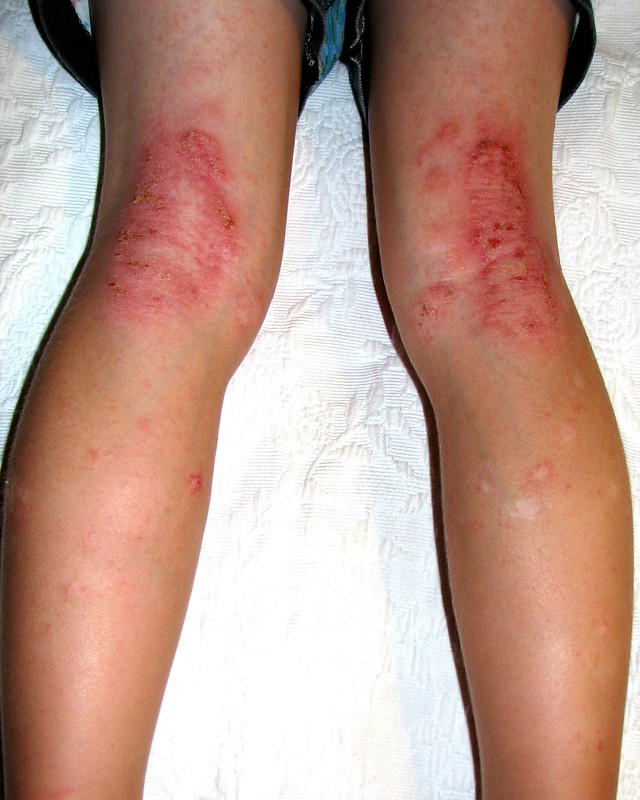Travel advice for specific health conditions
Travelling with a health condition doesn’t have to mean staying close to home. With the right planning and preparation, people living with long-term or chronic conditions can enjoy safe, fulfilling holidays — whether it’s a weekend break or an overseas adventure. This guide page offers tailored travel advice for a range of specific health conditions, helping you manage your symptoms confidently, avoid common risks and make the most of your time away.
This guide is designed to be read alongside our general guide Travelling with a long-term health condition. While the main guide covers essential preparation and practical tips for travelling with any on-going health condition, this page provides condition-specific guidance to help you address the unique challenges your diagnosis may present. Together, these resources aim to support a safer, more comfortable and more enjoyable travel experience for you!
Read our guide to travelling with a long-term health condition
 Image provided by patient. Used with their consent. Not to be reproduced.
Image provided by patient. Used with their consent. Not to be reproduced.
Managing your lymphoedema and/or lipoedema while on holiday ⛱
- Always wear your prescribed compression garments during travel, especially on flights. Flying can increase the risk of swelling!
- Flight socks are not enough! Use your medical-grade compression sleeves or stockings, not standard flight socks, unless specifically recommended by your GP or specialist nurse.
- Pack extras! Bring at least two extra sets of your compression garments away with you in case of loss or damage, and include gloves and/or an applicator if used for donning garments. Aside from the risk of loss/damage, if visiting a warmer climate you will need to change your compression more frequently to keep yourself feeling fresh so additional compression garments to ease the wash/wear cycle are absolutely essential.
- Prevent skin damage. Use moisturiser daily and carry insect repellent to avoid bites that can lead to cellulitis (a serious skin infection).
- Bring tried and trusted toiletries, sun cream and insect repellent from home - enough for your entire holiday. Using your usual products that you know agree with your skin can help prevent any flare-ups or infections. If you do need to purchase products while away, check ingredients carefully and use a translation app on your phone if necessary!
- Stay cool. Heat can exacerbate swelling. Wear loose, breathable clothing and stay out of the sun as much as possible during the hottest hours of the day (11am-3pm). For more advice on coping in hot weather while wearing compression garments read our further guide here.
- Carry antibiotics. If you’re prone to cellulitis, your GP may recommend a standby supply of antibiotics. Check if you need a prescription note for border control.
 Image provided by patient. Used with their consent. Not to be reproduced.
Image provided by patient. Used with their consent. Not to be reproduced.
Read our guide on coping in hot weather while wearing compression
Travelling with a stoma
(colostomy, ileostomy or urostomy) ✈
- Bring more supplies than you think you will need! Aim for double your usual amount of stoma bags, pouches and accessories. Factor in delayed travel or supply issues abroad. Order more supplies well in advance of your holiday to reduce stress, as dispensing items can take a few working days.
- Pack stoma supplies in both carry-on and hold luggage. Never risk putting all your supplies in checked baggage just in case it gets lost in transit.
- Request a travel certificate. Stoma charities (including Colostomy UK) offer travel certificates to help explain your condition discreetly at airport security.
- Be prepared for airport security. You’re not required to show your stoma, but you may be subject to pat-downs or swab testing. Alert the staff discreetly and use your travel certificate if needed.
- Watch for dehydration. Particularly with ileostomies, hot climates and flying can increase fluid loss. Carry oral rehydration sachets and keep drinking regularly. Try to avoid alcohol, particularly en-route to your destination as this will exacerbate any symptoms.
- Know your appliance disposal options. Research in advance how to dispose of used stoma products if travelling abroad, especially in countries without accessible sanitary disposal. Carry your own supply of waste disposal bags, if necessary.
- Choose specialised swimwear with pocket(s) to carry your stoma safely and securely to increase your confidence while on holiday. Check out our Vanilla Blush range!

Stoma supplies ready for travel. Image credit: Carmelo Anaya, 2020, flickr, used under Creative Commons license: CC BY-SA 2.0
Image provided by patient. Used with their consent. Not to be reproduced.

Eczema flare-up on back of knees. Image credit: Care_SMC, 2008, flickr, used under Creative Commons license: CC BY-ND 2.0
Managing your eczema 🕶
- Bring enough medication! Pack a full supply of emollients, topical treatments and antihistamines — plus a GP letter if carrying prescription creams.
- Protect your skin from triggers. Avoid over-exposure to heat, sun, chlorine, salt water or dry air (especially during flights). Moisturise frequently and dress in breathable layers. Silk garments can help soothe irritated skin, view our range here.
- Pack your own toiletries. Use fragrance-free products you know and trust and avoid unfamiliar hotel soaps or detergents that may irritate your skin. Bring enough of your tried and trusted suncream from home for your entire holiday to avoid any flare-ups.
- Stay hydrated and moisturised. Drink plenty of water and reapply emollient after swimming, sweating or showering to prevent flare-ups.
- Watch for infection. Be alert to signs of skin infection and carry any standby treatments your GP recommends in case of a sudden flare-up or broken skin. Seek medical advice if necessary.
Travelling with a urological condition ✈
- Pack plenty of supplies! Bring double the usual amount of catheters, continence products or medications, and keep essentials in your hand luggage.
- Carry a medical letter and travel certificate. These can help explain your condition and supplies discreetly at airport security or in emergencies.
- Plan ahead for toilet access as much as possible. Use toilet locator apps, choose aisle seats close to the toilets on public transport for easier access and schedule travel during quieter times if urgency or incontinence is a concern.
- Prevent infections and stay hydrated. Drink plenty of fluids, especially when flying or in hot climates, and carry a standby antibiotic if prone to UTIs (as advised by your doctor).
- Prepare for the unexpected! Research local healthcare, carry a catheter passport or care plan and use a discreet bag to store supplies confidently while abroad.

Image credit: Ted Eytan, used under the Creative Commons Attribution-ShareAlike 4.0 International License (CC BY-SA 4.0).
 Image provided by patient. Used with their consent. Not to be reproduced.
Image provided by patient. Used with their consent. Not to be reproduced.
Travelling with a specific health condition might mean taking extra steps before you set off — but those steps can make all the difference to your comfort, safety and peace of mind while you're away. Whether you’re managing lymphoedema, a stoma, eczema, a urology issue or any other on-going condition, knowing how to prepare and what to expect helps you stay in control and enjoy your journey with confidence.
Remember, this guide is here to complement our general travel advice for people with long-term health conditions. When used together, these resources provide a comprehensive approach to planning holidays that are not only manageable but genuinely enjoyable!
With a bit of preparation and the right support in place, travel can be a positive, empowering experience for everyone — regardless of their health condition.
Safe travels! ✈ 🌍
Share this guide: